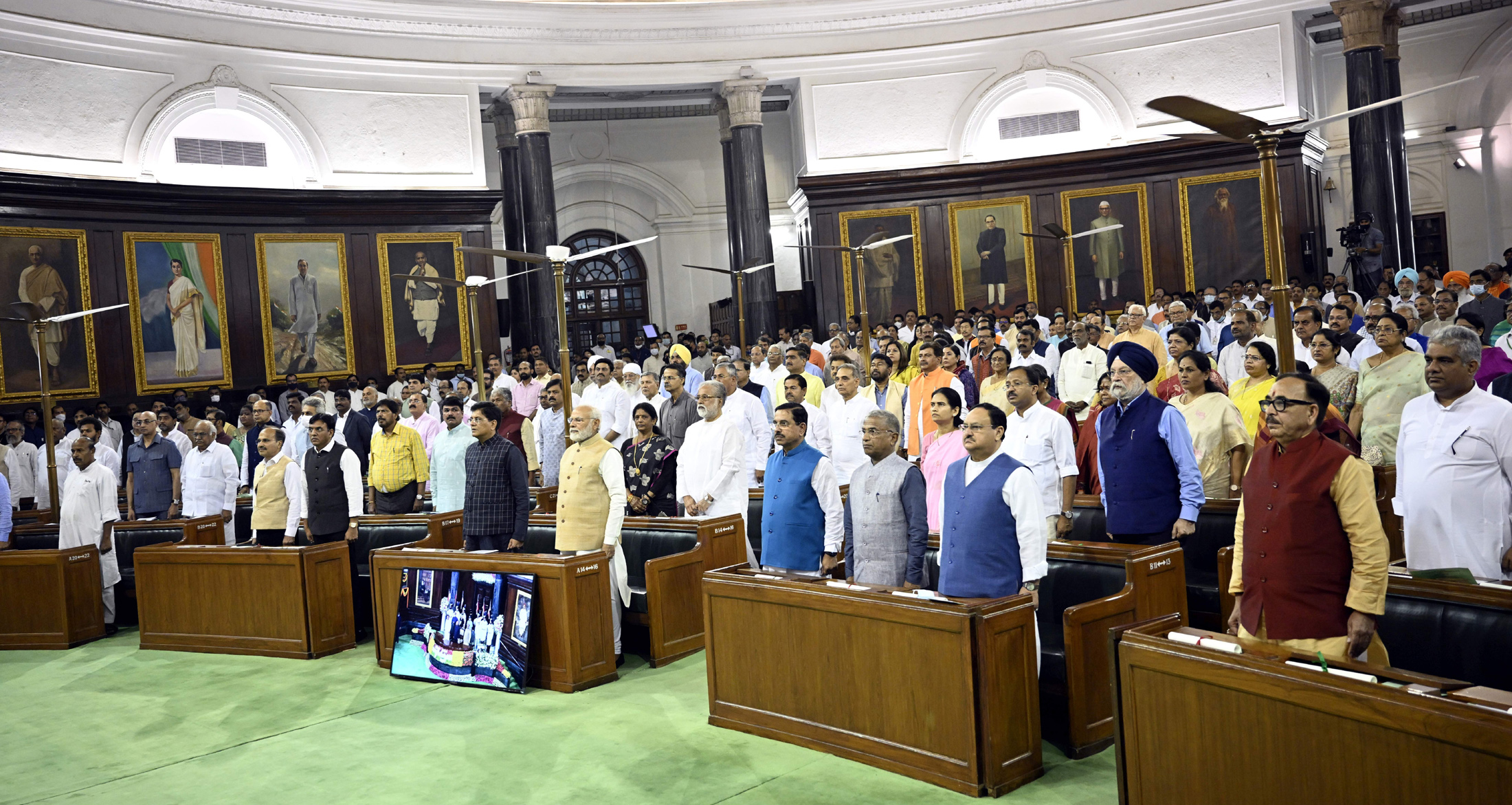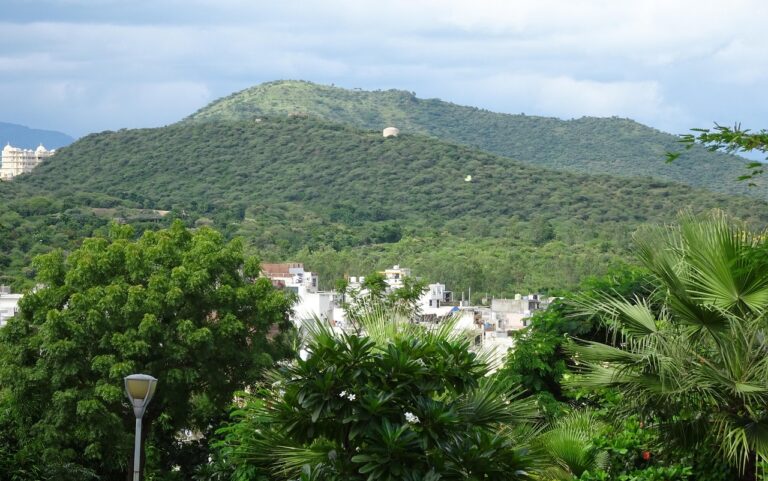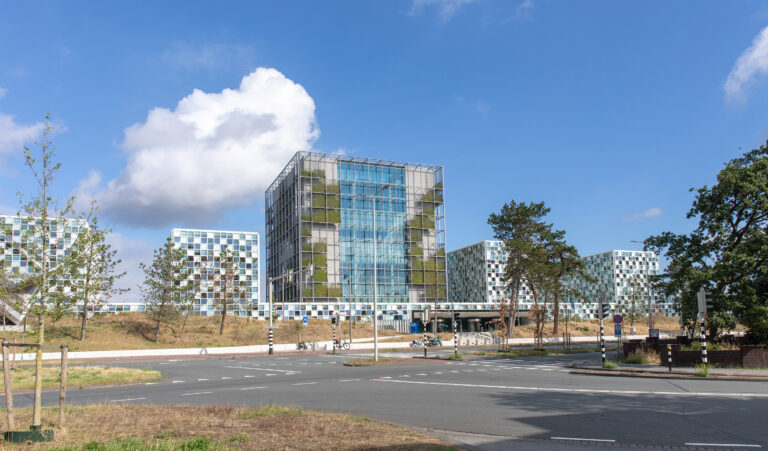
![]() By G Krishna Mohan Rao*
By G Krishna Mohan Rao*
New Delhi: While the agenda for the Special Session of Parliament is still being finalised according to informed sources, there is speculation in the ruling Bharatiya Janata Party (BJP) and official circles that the Narendra Modi government could go for a big-ticket move like initiating the process for ushering in simultaneous elections in the country -both at the Centre as well as in States.
It is also being speculated that the Women’s Reservation Bill could be brought. Holding elections in Jammu & Kashmir as well as making the Uniform Civil Code a reality, too, are doing rounds in the media.
Many in the government pointed to the electoral advantages of bringing these legislations, but there are many others who ruled these out as an agenda for a Special Session of the Parliament, especially at a time when the Opposition is uniting and is unlikely to cooperate with the government to push through any major legislation.
The five-day Session from September 18 to 22, 2023, will follow the G20 Summit, to be held on September 9-10 in New Delhi and is expected to be an occasion for the government to showcase its “ success” in various sectors, including the hosting of the global summit and the Chandrayaan-3 Moon mission.
Coming back to the ‘One Nation, One Election’ theory, the government has constituted a committee headed by former president Ram Nath Kovind to explore its possibility in the country. Over the years, Prime Minister Modi has pushed strongly for the idea of simultaneous Lok Sabha and State Assembly polls, and the decision to task former president Kovind to look into it, underscores the government’s seriousness as a host of elections are fast approaching.
On the other side, the government move sets off speculation in the Opposition camp with some leaders wondering whether this was a trial balloon in line with the BJP’s ‘One Nation, One Election’ idea— on advancing the Lok Sabha election which is otherwise due in April-May next year. It is being argued that the BJP may lose all five assemblies in December and hence pre-pone Lok Sabha elections to December 2023.
But there is also a view that holding elections at a time when Modi’s approval ratings are high would help the BJP and create complications for the Indian National Developmental Inclusive Alliance (INDIA) by forcing it to take calls on the issues of the Prime Minister candidate, seat sharing and common platform—issues which are vexed at present. Further, clubbing the five state polls with that of Lok Sabha in December will put the PM on the ballot even in assembly contests and may favour the BJP.
BJP sources said that the schedule for the proposed Session may see Parliament sitting in its new building during the 10-day Ganapathi festival, a period considered auspicious across the country. Though Modi inaugurated the new Parliament in May this year, could not hold the last days of the Budget Session as well as the last Monsoon Session at the new building. As the Parliamentary Affairs Minister Pralhad Joshi yesterday said amid Amrit Kaal, “we are hoping for fruitful discussions and debate in Parliament”.
Sources said that this Special Session will also set the tone for the forthcoming P20 summit— a meeting of Parliamentary Speakers of G20 countries— which is to be held in New Delhi this October. Speakers from more than 30 countries have already confirmed their participation at the meeting.
It may be recalled that the Modi government convened a Special Session of Parliament on June 30, 2017, to mark the rollout of the Goods and Services Tax( GST). Further, a Special Sitting of Parliament was convened on November 26, 2015, to pay tribute to the Constitution and Dr B R Ambedkar.
*Senior Journalist





